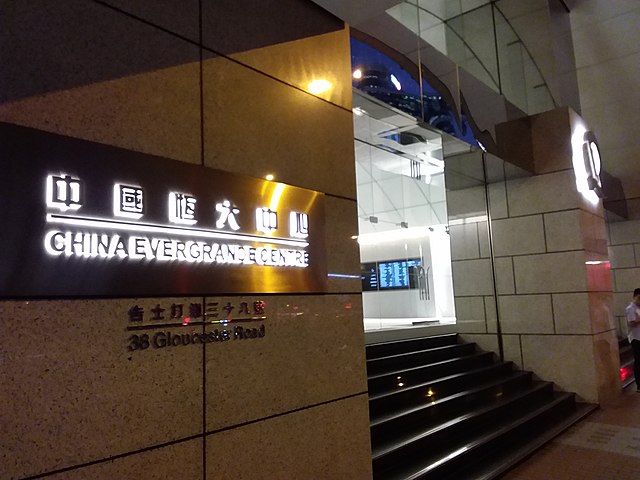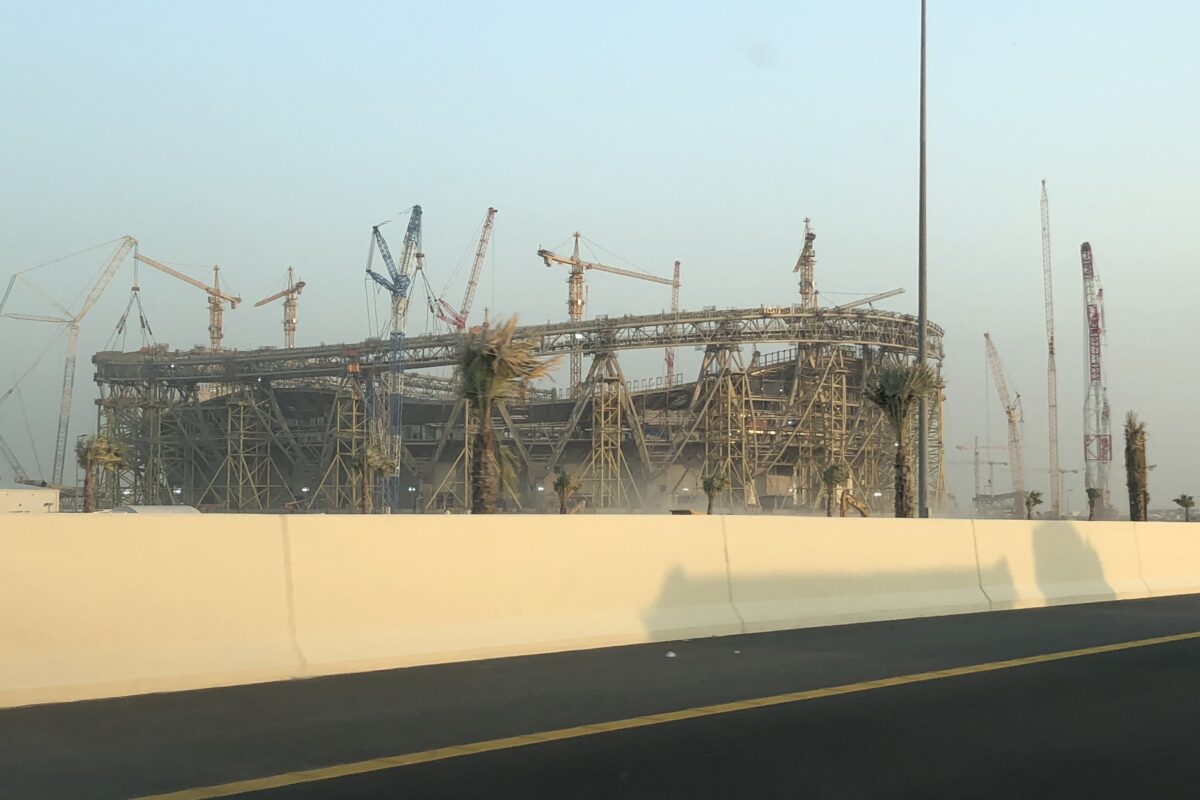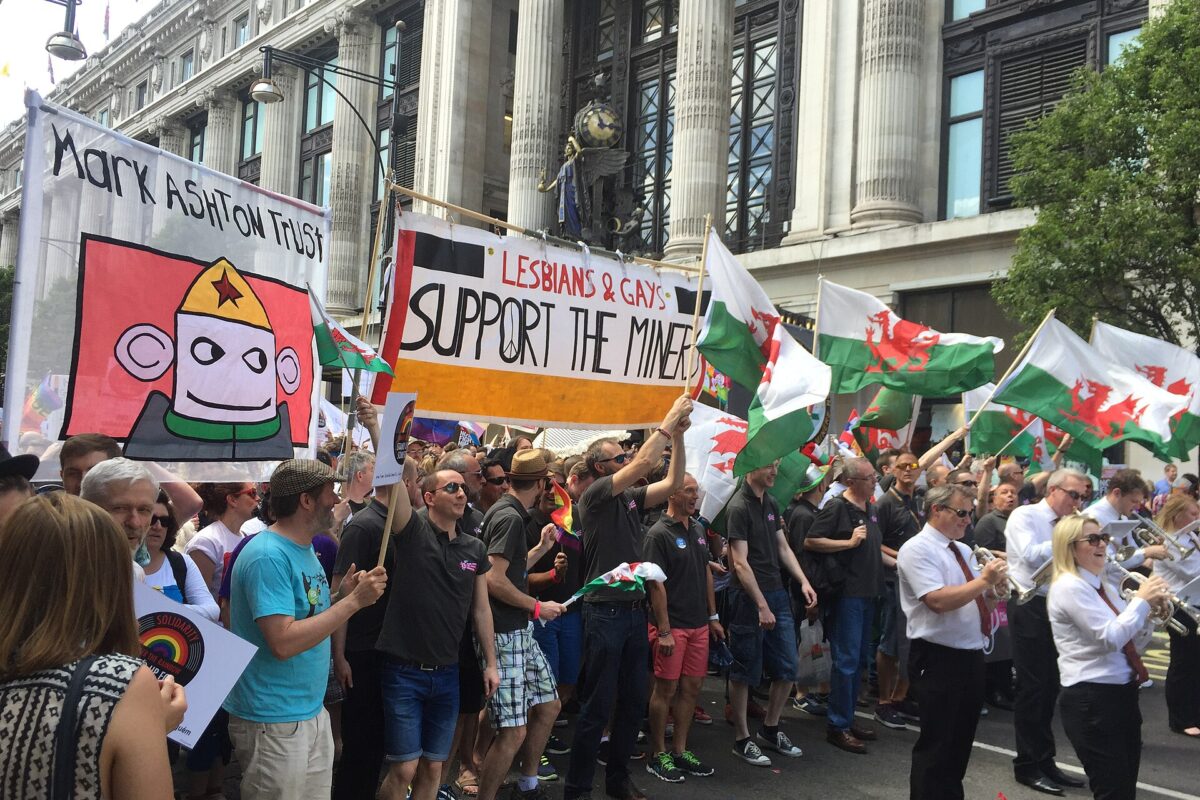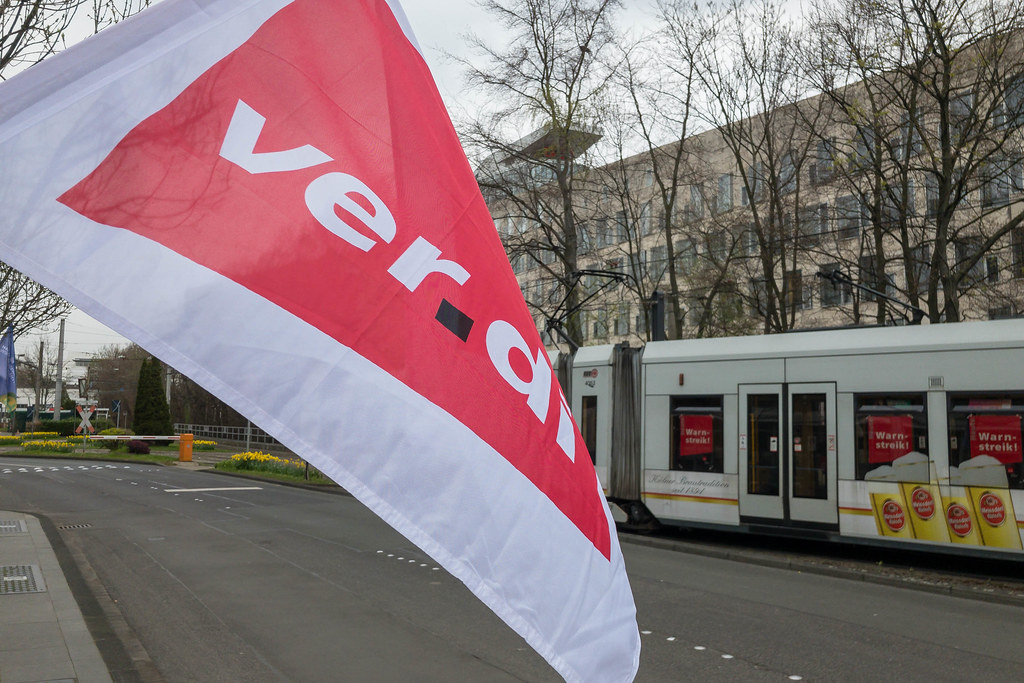The misery of Evergrande, China’s second largest property developer by sales, is an ongoing saga. Although apparently sudden, the “crisis” is, clearly, engineered by Chinese governmental policy with specific aims and intentions. The political economy of China exerts a gravitational force that is felt in every corner of the world.
The Evergrande Crisis and The Middle Income Trap
Chinese policy makers are trying to break a recurring economic ceiling, the dreaded ‘middle income trap’. They believe that the flow of money in the Chinese economy needs to be recalibrated sharply away from ‘non-productive investment’. This would involve building domestic consumption while presumably maintaining a strong export base not unlike Germany’s.
In this regard, the business of buying land and building buildings on it to sell at a mark-up is non-productive. The non-productive aspect arises when the demand for property skews the value of the material inputs of construction to artificially high values. It achieves growth on paper (as the value of assets within the country rises) but incentivises directing the flow of money (from investors abroad and at home) into assets that are extremely overvalued. The demand for these “safe” assets creates an economic bubble and makes housing unaffordable for the subsequent generation. Furthermore, when these practices are carried on the scale of Evergrande, entire segments of the economy reliant on these practices fall with them – a systemic shock. The bursting of the bubble can take with it the life savings of working people and their source of employment.
Evergrande became a behemoth of the market through the practice of borrowing money from banks and investors (in China and abroad) by promising unrealistic returns, buying up land and starting construction, attracting deposits from potential customers, and then starting the cycle again without delivering what was promised. When lending policies were tightened by the state and cash reserve requirements increased, the group that flew too close to the sun was the first one to fall. Since market confidence tends to drop precipitously, a share sell-off began that collapsed its price. Now the state is involved in managing the systemic risks Evergrande’s demise would entail.
Why Now?
The difference between the uncertain real value of assets and their (inflated) market value represents the size of the adjustment. This is the hit that all actors have to disperse between themselves somehow since the money has already been spent. Some actors within the economic ecosystem squandered more money than others however if they were to bear these losses, they too would be bankrupted. For example, a worker losing half the value of their savings invested in Evergrande as opposed to a corporation like Blackrock.
The sooner the state steps in to call time on this speculative bubble, the smaller the adjustment. In short, the best time to deflate a bubble is as soon as the state is ready to absorb the fallout. A chaotic deflation, such as in the 2008 crash in the US, will likely lead to a kind of social collapse.
Lessons For The Left
The collapse and neoliberal capture of the Soviet Union and Yugoslavia, the integration of China in the neoliberal economic order, the end of the postwar social democratic settlement; all these events have their unique character and history yet they were influenced deeply by the rapidly globalising economy of the time. An inability to adapt to these trends contributed to the demise of these states, while China’s technocratically deft evasion of shock therapy left it standing as the last major state flying the banner of communism.
Yet it is difficult to escape the realization that China’s position as the world’s manufacturing hub weakened the power of organised labour across the world. China joined the World Trade Organisation in 2001 but there is yet to be a grand unification of Chinese labor with world labor. Critiques of China from the left should focus on this shortcoming. Internationalism is a pillar of leftism after all.
China’s economy must be engaged with on an equal footing with the US economy. A harsh winter in China can rapidly increase demand for gas and the economic effects of this can be felt in Europe. Therefore, when China is trying to readjust its economic model to break through a perceived economic ceiling, we need to think about its implications.
Since the 70’s, oil was the limiting commodity that shaped foreign policy and economics. However, in the next three decades, a catalogue of commodities will become scarce. China’s dominance of the rare earth market has been frequently cited. The semiconductor market is a strategic battlefield, with the US government blocking a Chinese acquisition of a US manufacturer. The EU has been monitoring, with increasing vigour, the supply of what it calls critical raw materials. The aim of this competition is to engineer a consumption oriented and constantly growing economy in defiance of any laws of nature.
Leftists take it as an article of faith that imperialism is the life blood of present day prosperity in the Global North. It is now accepted that this prosperity also comes at the cost of the destruction of the planet’s ability to support life. Therefore, we must regrettably confront that China’s ambitions to achieve, as an example, European levels of per capita income is an environmentally suicidal ambition. Simultaneously, we cannot deny any nation the right to give its citizens a better quality of life.
This is where we on the left need to break with economics as a discipline. The statistics of growth, GDP, trade deficits cease to be useful and require us to articulate an economics of equilibrium and redistribution. China’s economy is extremely unequal, like all capitalist economies. If it remains this unequal, and triples in size, human survival will be impossible.
I believe we need to seriously attempt to do our own economic analysis of what is possible with the resources we have already extracted globally. Perhaps we need to estimate, country by country, how much money each citizen needs to meet their basic needs in addition to a bonus for luxury. The World Bank has long been the gatekeeper of what the poverty line is, setting a ridiculously low threshold (see concluding paragraph of hyperlink). We on the left need to calculate a real poverty line, based on the actual cost of survival in addition to a realistic survival and prosperity line acting as a ceiling. These should become concrete demands that are adapted in struggles across the world. Those above the ceiling must pay for the uplift of those below the floor.
The uplift of the Chinese masses should be welcomed and advocated on the left. But just as we care about the structural effects of inequality on US politics, we need to think about the structural impediments of inequality in China. Saber rattling and trade warfare are the means used to divide the masses whose interests are common. As we continually overshoot the natural ceiling of extraction imposed by nature, we need to calculate with precision the material bounds of those common interests. As ever, in a globalised world economy, global solidarity and cooperation are essential.
The left faces particular linguistic and cultural barriers in building bridges with Chinese workers and activists. All of these efforts are further complicated with rampant Sinophobic propaganda in the Global North, the egregious acts of an assertive Chinese state, and the even more egregious acts of the declining US empire. The left should focus more sharply on understanding Chinese workers, their working conditions, and what can be done to help them improve them.




